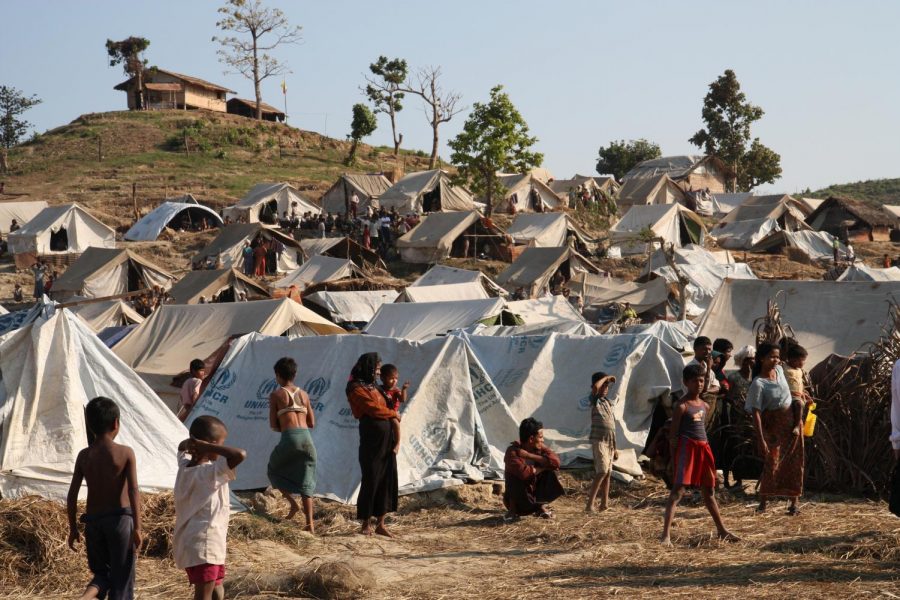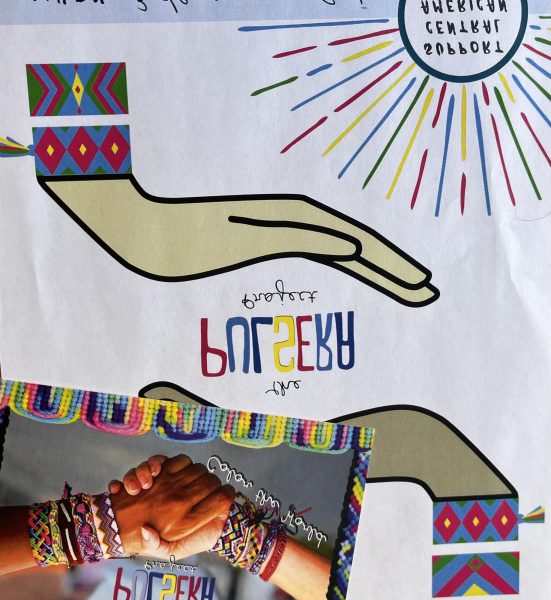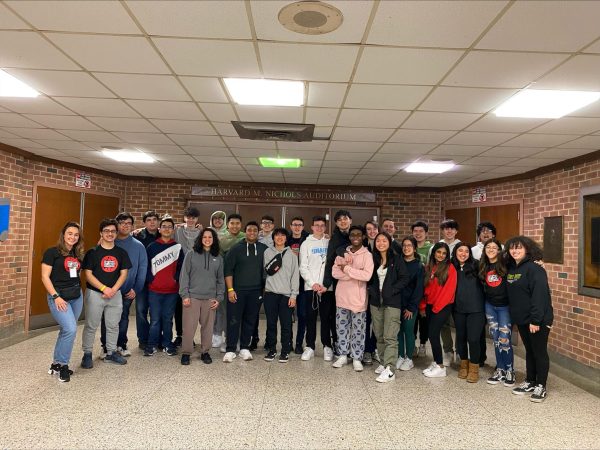Rohingya Refugee Crisis: A Continuing Struggle
A humanitarian crisis since 2015, the conditions suffered by the Rohingya refugees is just one example of ethnic cleansing happening globally.
Photo by Flickr Creative Commons
Refugees and displaced Rohingyans living in camps under some of the worst conditions.
Immigration is a fundamental requirement for those who seek to escape religious persecution and political subjugation and gain access to a more developed way of life. Whether those who migrate are in search of job opportunities or are desperately fleeing their homeland in war, almost all immigrants share an identical characteristic: hope.
This impression is applicable to the Rohingya Refugee Crisis. Despite this situation having originated in 2015, it has become overwhelmingly current due to major internal conflict amongst its people. In the case of the Rohingya people- a muslim minority group- they tirelessly abandon their homes as a result of the Rakhine State’s abusive and authoritative military in Myanmar. Myanmar largely discriminates against the Rohingya, accrediting them as nothing more than visitors from Bangladesh. In fact, they are even denied citizenship in Myanmar, where they are brutalized and slaughtered by the military. Some women even stated that they have been raped and assaulted by military leaders. The United Nations is deeming this an act of ethnic cleansing. In a failed attempt by Rohingya militants to uprise and combat the Myanmar government, most decided to immigrate to Bangladesh.
After having their houses burned and their humanity denied, the refugees bring only what they can fit in their two hands and travel to the Bangladesh border in hope of entering a state of freedom. However, even after leaving their desolate villages that have become ravaged by flames, strife continues for the Rohingya. The beating sun of the Myanmarian landscape penetrates the skin of thousands of refugees causing irritation amongst many, especially young children who are most susceptible to sunburn. Additionally, refugees helplessly trying to survive often rely on dirty water from rivers that they pass.
At the Bangladesh border, over 800,000 Rohingya refugees seek safety in refugee camps. Here, they are provided with food, water and health services to tend to their physical and emotional dilapidation. However, considering the influx in the amount of refugees, resources are continuing to become more scarce. The amount of doctors can not keep up with the all of the refugees and water and food is becoming limited. The Bangladesh government was struggling to maintain adequate camps. The United Nations took matters into their own hands and are assisting the Bangladesh government in order to maintain an international level of standard regarding humanitarian relations.
The Rohingya continue to make efforts to escape the persecution in Myanmar. Clearly, those who want to achieve religious freedom and liberty in Myanmar will go to great efforts to do so, even if that means abandoning home. The Rohingya will continue to flee in great numbers to the Bangladesh border where they aspire to earn rightful citizenship. With the Rohingyas great measure of hope, they will soon be able to leave the temporary camps on the border and make it past Bangladesh.

Grade 12
“We keeping moving forward, opening new doors, and doing new things, because we’re curious and curiosity keeps leading us down new paths.”...











